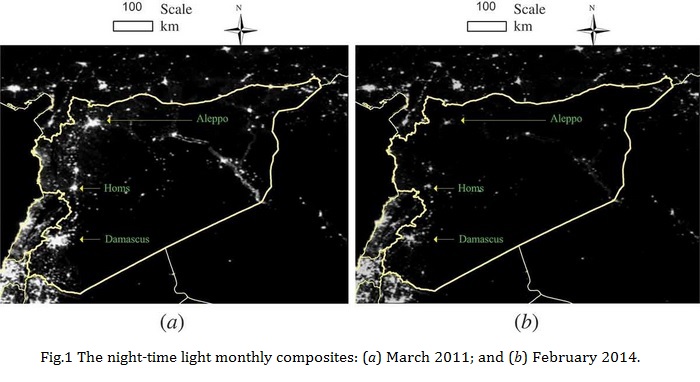It’s refreshing to see some genuine reportage about Ukraine appearing in mainstream western media.
While some may see this week’s Minsk memorandum, which calls for a ceasefire in east Ukraine and the eventual re-establishment of national borders, as the first step towards the DPR’s disbandment, there are few signs in the region of a rebel leadership preparing to relinquish control — or a society that wants them to.
After a months-long siege that has destroyed local infrastructure, and left the population under the near-constant percussion of artillery, a new sense of regional identity has taken hold in Donetsk. Though some of it is being transmitted through top-down initiatives such as Ms Prussova’s class, much of it has come through the Ukrainian army’s shelling, which has turned many formerly pro-Ukrainian locals against Kiev.
Courtney Weaver’s piece for the FT included this sad but amusing quote from a previously pro-Ukrainian 20-year-old student Continue reading “‘School lessons and shelling forge new identity in east Ukraine’ | FT.com”


